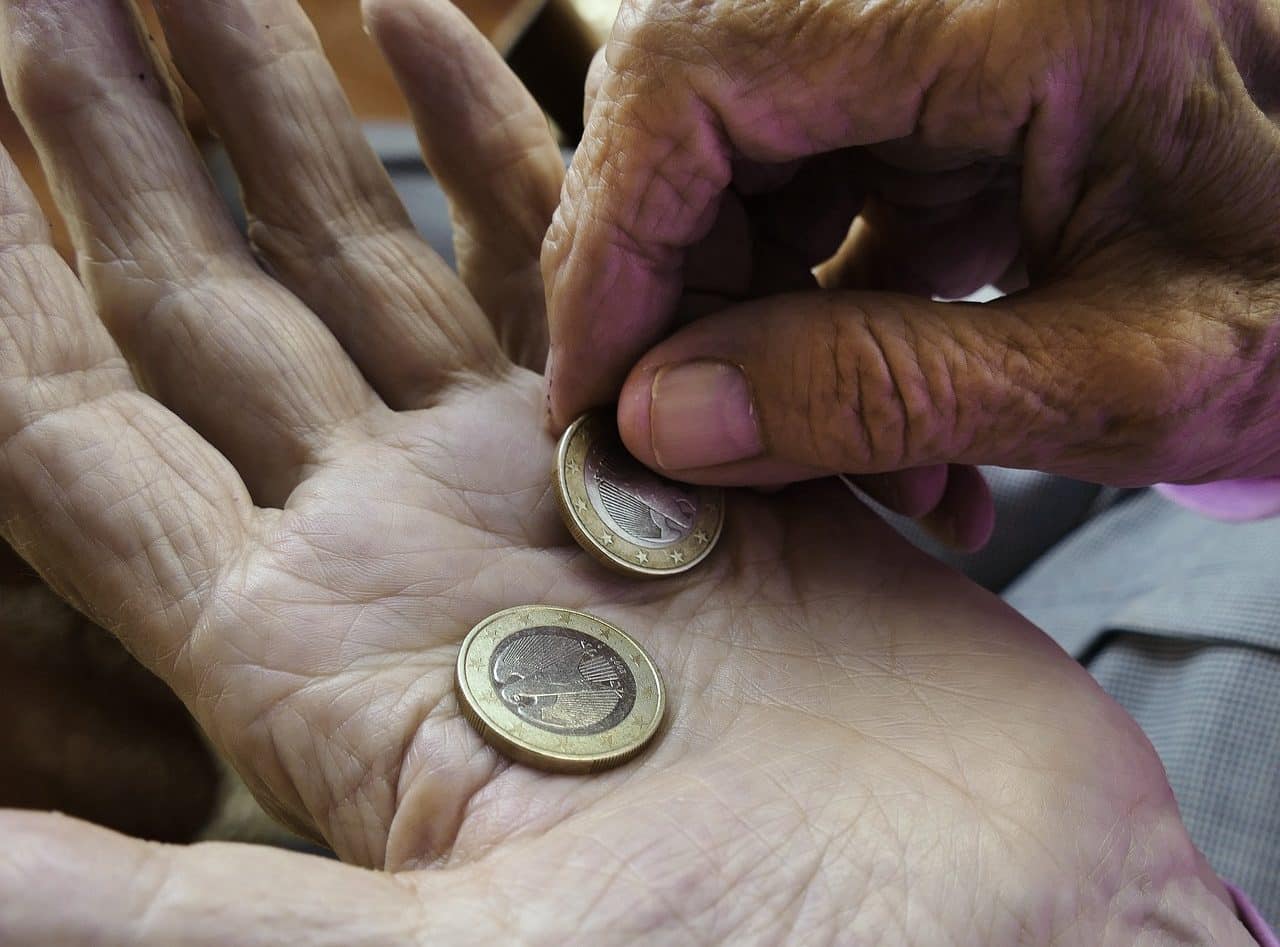
What is scarce or insufficient can be described as little.
Little is an adjective that allows you to describe something that is not enough or that is scarce . For example: "I apologize, but I have little time: please be brief" , "There is little rice left, I'm going to have to go to the market so I can prepare a stew for dinner" , "I have little money on me although I think I will be enough to pay the entrance fee to the club .
It is important to note that the notion of little, originating from the Latin paucus , can be subjective . Having "little money" can be very different depending on the person who is speaking, since this qualification will depend, to a large extent, on the social class and the context in which it is spoken. Having “little money” to buy a new house is not the same as having “little money” to prepare food.
The subjectivity of what is classified as little
The use of this term to describe a quantity can also respond to unresolved issues from the past (such as childhood traumas) that prevent us from recognizing that, in reality, a lack does not exist. It is likely that an individual who had to face extreme poverty during his first years of life, for example, will never stop worrying about economic issues, that he will not be satisfied with his achievements in this regard for fear of losing everything and returning to his previous situation. pass; In other words, always consider having "little" , even if those around you do not think the same.
The subjectivity of little is also appreciated in matters that only a person knows internally. No one will be able to refute the man who says "The blow hurt a little," since it is impossible to feel the physical pain of another and, therefore, be able to estimate whether it was "a little" or not.
Similarly, when faced with an impressive display of skill by an artist or athlete, the audience may be surprised by statements such as "I put in a little effort" or "I lacked a little precision." For a person who dedicates hours a day to perfecting himself in a certain discipline, the execution of an advanced test can seem everyday and not very "amazing" beyond its difficulty, and this explains why his vision of it allows him to focus on the details to polish
The term, on the other hand, can refer to both material things and symbolic issues. If a person becomes impatient easily, someone may accuse him of having "little patience." Measuring or calculating patience , however, will always be something estimative.

The notion of little is subjective and can sometimes only be appreciated internally: "My back hurts a little" / "My back hurts a lot."
The opposite
There are several concepts that are contrary or opposite to little, like a lot or enough . An individual who expresses "I have little to do this afternoon" will be indicated as having free time due to lack of activities. On the other hand, if you indicated "I have a lot to do this afternoon" , you would be referring to a multiplicity of obligations and tasks to complete.
When combined with the term too , it can act as an adjective or adverb depending on the case. We can speak of "too little", something that indicates that the minimum necessary is not available, whether material or symbolic. Although at first glance it may seem like a contradiction, it is not, but rather it serves to express that something is presented in insufficient quantity, less than one would assume or expect.
Something similar happens with the expression "very little" , although in this case the scarcity does not nullify the effectiveness of the thing, but rather presents it in the right amount. Let's look at a practical example: having "very little" flour to make a pizza dough does not prevent it from being done, but rather leaves a tiny remainder; With "too little" flour you cannot prepare said dough.
